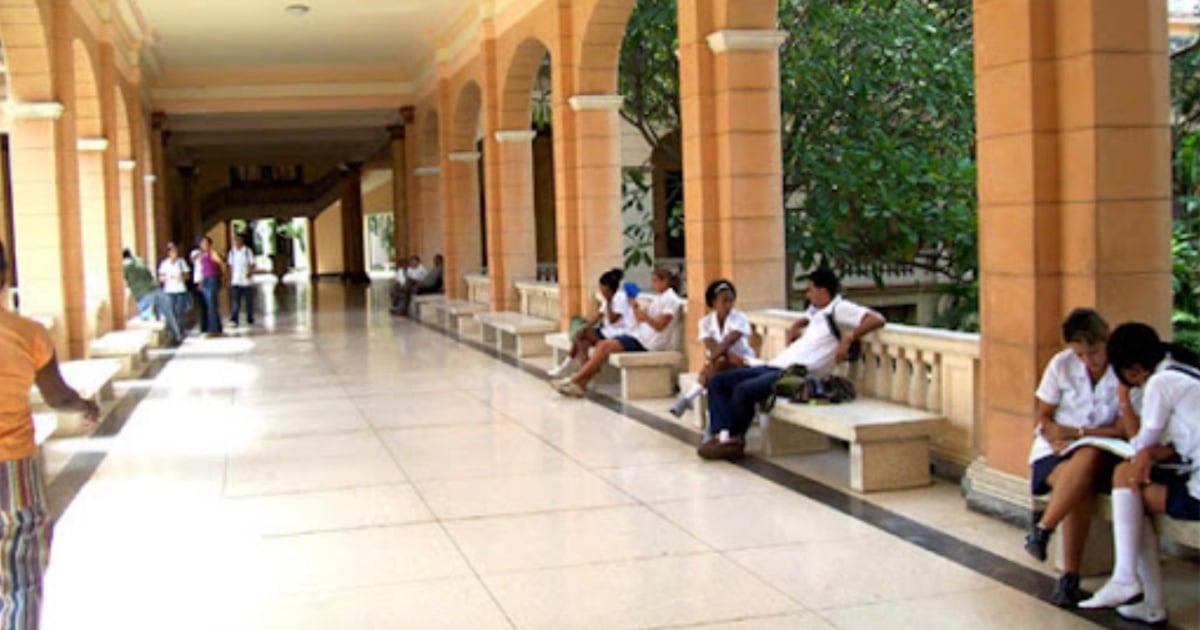A medical sciences student in Havana boldly challenged university authorities and ETECSA executives, questioning the official dismissal of student communications. "Comrade, the letter wasn't fake news; it was crafted by the students here," the student's voice resonated amid widespread approval.
This recording, obtained by the independent outlet Árbol Invertido, captures the meeting of students from the "Victoria de Girón" University of Medical Sciences in Havana on June 5th. The student passionately argued, "It's through our efforts, with the help of parents, and many here work hard—I drive people around at any hour. So how can you tell me I'm limited to 6 gigabytes, now they'll give you 12, 6 more, and you're supposed to be grateful? That's not right!"
The Cuban regime has sought to undermine the existence of a student movement ready to challenge the new tariffs imposed by the state-run ETECSA. Despite external calls to create chaos and discourage the academic environment, journalist Talía González stated on the National Television News (NTV) that "the educational process continues smoothly," maintaining the official narrative of normalcy in classrooms.
However, as days have passed and evidence mounts, the official stance has begun to waver. On Saturday, official spokespersons Arleen Rodríguez Derivet and Bárbara Betancourt, while denying the student protest against ETECSA's price hike and blaming independent media for spreading "textbook fake news," had to acknowledge the student dissent and communications. During the podcast Chapeando Bajito from Cubadebate, they claimed that "everything has been handled through institutional dialogue."
"Again, fake news is pouring in. Recent events have been a genuine warfare operation, only comparable to the invasion of lies on July 11th," they lamented. The "dialogue, proposals, and agreements" atmosphere described by the spokespersons starkly contrasts with viral videos circulating on social media showing frustrated students confronting officials unable to address their grievances.
The academic strike in Cuba, which began on June 4th, has spread across universities nationwide, centering on the University of Havana. The response from leader Miguel Díaz-Canel has been unequivocal: there will be no rollback on the tariff increases. The student movement shaking Cuban universities demands fairer rates and equitable connectivity.
Key Questions About the Student Movement in Cuba
What prompted the student protests against ETECSA?
The protests were sparked by the new tariff increases imposed by ETECSA, which students argue are unfair and limit their connectivity. This has led to a wider movement demanding more equitable internet access.
How has the Cuban government responded to the student movement?
While the government initially tried to discredit the protests, it has had to acknowledge student dissatisfaction due to mounting evidence and pressure. However, leader Miguel Díaz-Canel has stated that there will be no reversal of the tariff increases.
What is the significance of the student movement in Cuba?
The student movement is significant as it represents a growing dissatisfaction among the youth with the current regime's policies, particularly regarding access to resources and freedoms. It also highlights the power of organized student action in advocating for change.
